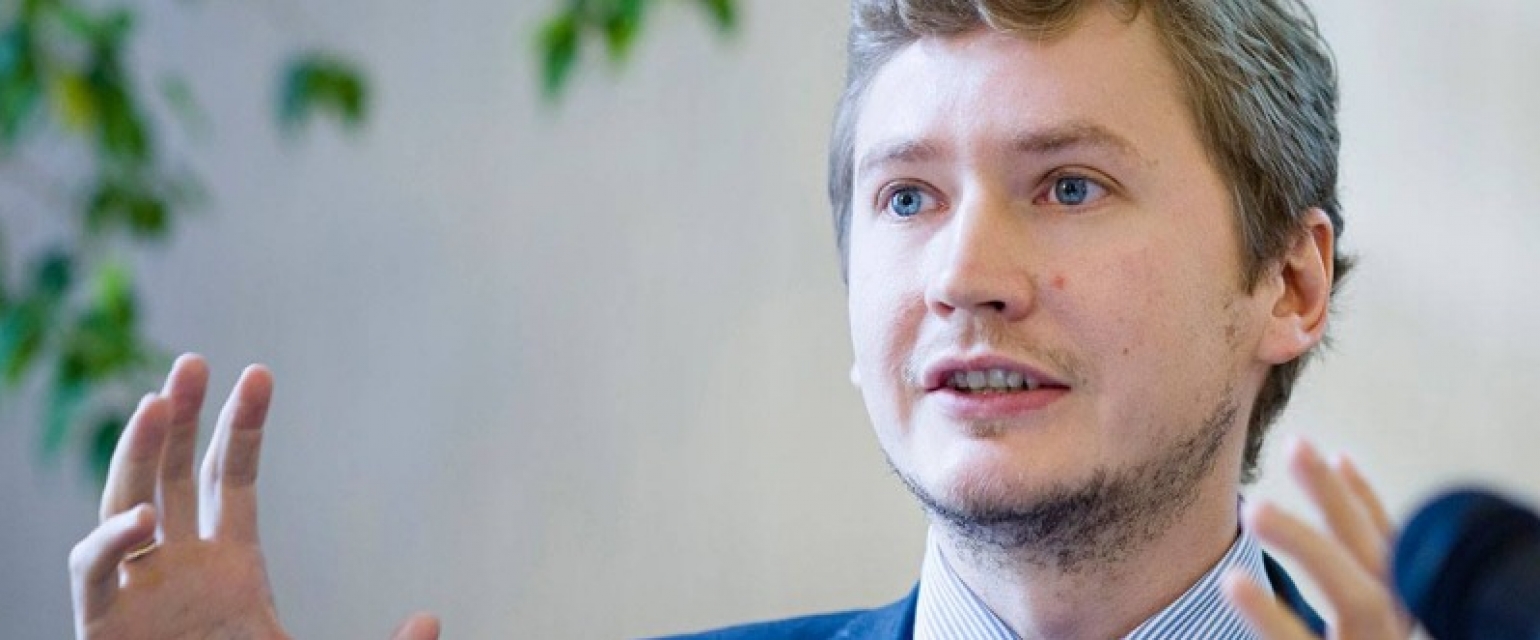

On October 4, the Center for the National Interest hosted Dr. Andrey Sushentsov for a discussion on the evolving U.S.-Russia relationship.
“It was a surprise,” Andrey Sushentsov, a political analyst and international relations scholar at the Moscow State Institute of International Relations (MGIMO), said, referring to Donald Trump’s election as President of the United States. “Russia was prepared for negative stability” in the U.S.-Russia relationship under a Hillary Clinton administration, he said, and did not expect Trump to prevail. Russia has had a hard time understanding America since the election.
“In Moscow, there is no conversation on if we did it,” Sushentsov said, referring to Russian interference in the 2016 presidential election. He argued that the Russian intellectual elite did not really believe Trump could win the election, thus Russian President Vladimir Putin had no incentive to meddle. Sushentsov claimed Putin would not want to intervene to support Trump since the Kremlin expected Hillary Clinton would become the next President of the United States and trying to help Trump would damage Russia’s relations with Clinton.
Sushentsov repeated Russia’s official statements that freelance computer specialists could have intervened in the 2016 election. These freelancers could have been “political technologists,” a Russian term for political and public relations operatives. Sushentsov argued that the Trump campaign’s contacts with various people from Russia were routine and part of both sides’ attempts to establish an understanding of U.S.-Russia relations before Trump’s inauguration.
The larger problem plaguing the U.S.-Russia relationship, Sushentsov argued, is the unpredictability of the Trump administration. There is a concern in Russia that the Trump administration “cannot settle itself.” Moscow did not realistically expect Trump to win and therefore had done little to prepare for the new administration. Sushentsov said that, “[n]o one in Moscow knows about Steve Bannon” and very few in Moscow understand the marriage between populists and establishment Republicans that Trump has created.
Moreover, he contended that too few in the Kremlin understand the constraints Trump has on his power due to both popular opinion as well as institutional inertia within the executive branch. Sushentsov cited the U.S. reversal of an agreement between Trump and Putin during the June 2017 G-20 Summit in Hamburg, Germany, on a joint U.S.-Russian cyber security unit. Sushentsov said this rapid abandonment of a personal agreement puzzled many in the Kremlin who saw it as unique in 25 years of U.S.-Russia relations. Moscow does not yet fully understand the extent to which U.S. policy emerges from bottom-up bureaucratic processes rather than from top-down presidential decisions.
In order for Moscow to make sounder decisions and for the U.S.-Russia relationship to improve, Sushentsov stressed Russia’s need to better understand American society. He pointed out that even the best experts in Russia who study the United States have difficulty assessing the competing narratives that appear in U.S. media supportive of and opposed to President Trump. Russian decision-makers will need to improve their information about ongoing societal changes occurring in the United States, Sushenstov argued.
Despite these challenges, Russia views cooperation on certain areas as realistic possibilities. Sushentsov identified Syria as the top issue where Moscow believes cooperation is possible. “I do not think that there is a clash of interests here at all really,” he said. Sushentsov mentioned the deconfliction zone near the Jordanian border, which he described as successful. He also maintained that the ongoing Astana talks to bring about the end of the Syrian civil war would benefit from the United States’ input, as a lasting solution would require U.S. participation.
Sushentsov likewise identified ongoing strategic nuclear stability talks as another possible area for cooperation between Moscow and Washington. He said Russia sees the talks as a priority in its relations with the United States so that the strategic nuclear understanding between the two countries could be preserved. However, Sushentsov stated that a 1960s-style nuclear crisis may be required to provide the “education” necessary to spur both sides to pursue the strategic stability dialogue seriously.
First published at cftni.org